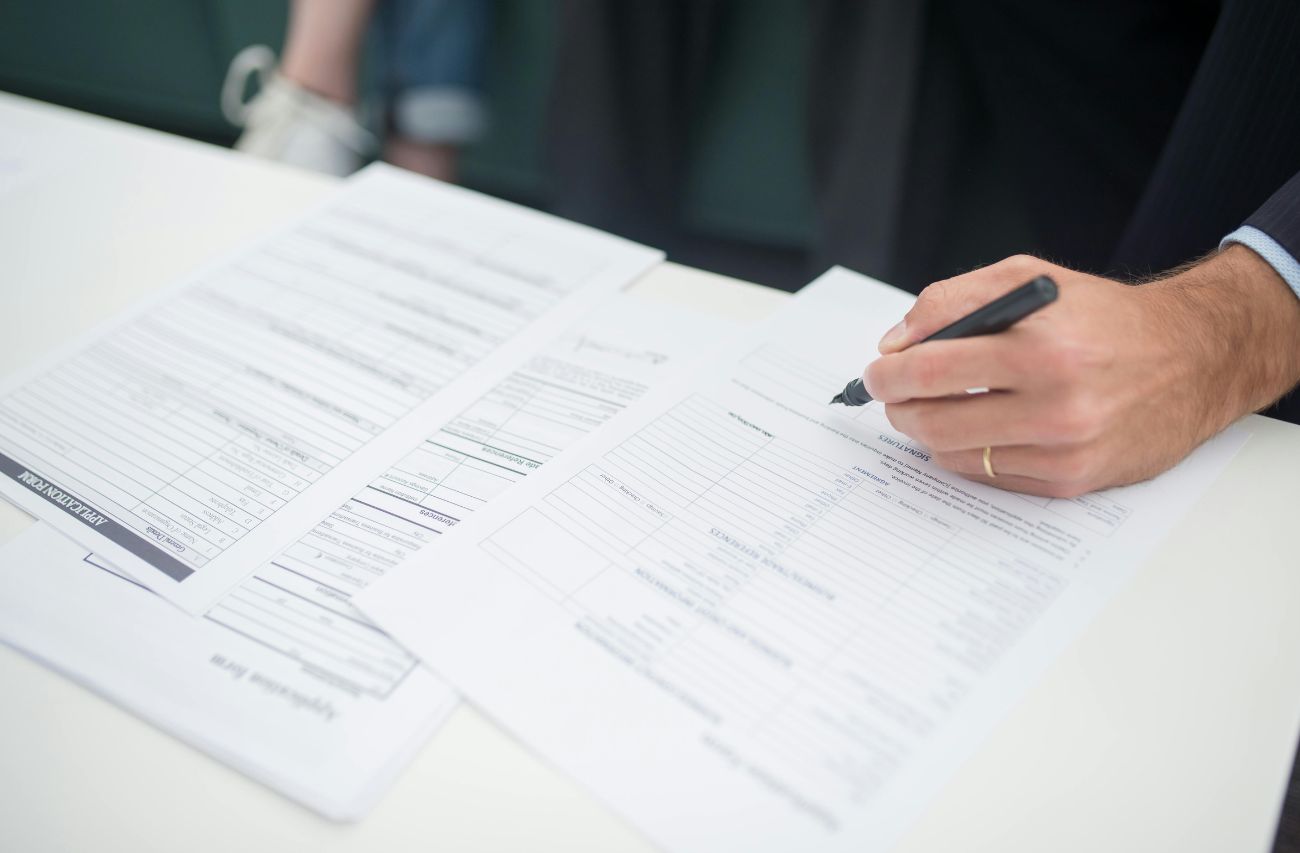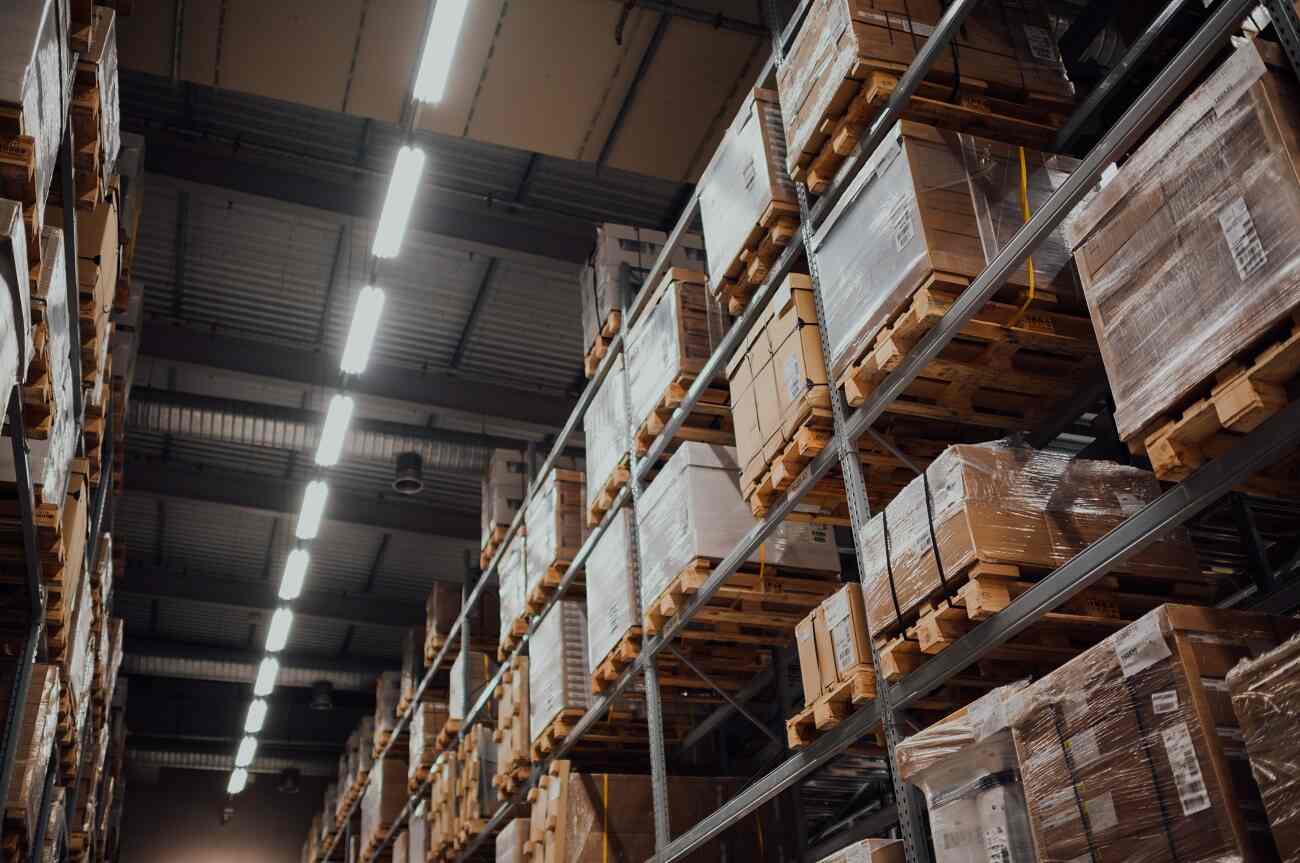B2B buyers, B2B sourcing, certification standards, compliance audits, due diligence, ESG compliance, ethical sourcing, ethical trade, export quality, factory audits, global retailers, global sourcing, handicraft exports, home decor sourcing, import regulations, India sourcing, Indian clusters, Indian exports, Indian manufacturers, managed sourcing, product testing, Qalara, quality control, sourcing best practices, sourcing checklist, sourcing guide, sourcing platform, sourcing reliability, sourcing risk, sourcing strategy, sourcing transparency, supplier audits, supplier compliance, supplier profiling, supplier verification, supplier vetting, supply chain integrity, sustainable sourcing, textile sourcing, trade compliance
Gauri Sawant
Gauri is an experienced B2B & e-commerce content marketer who loves long walks and cats.







Leave a Reply